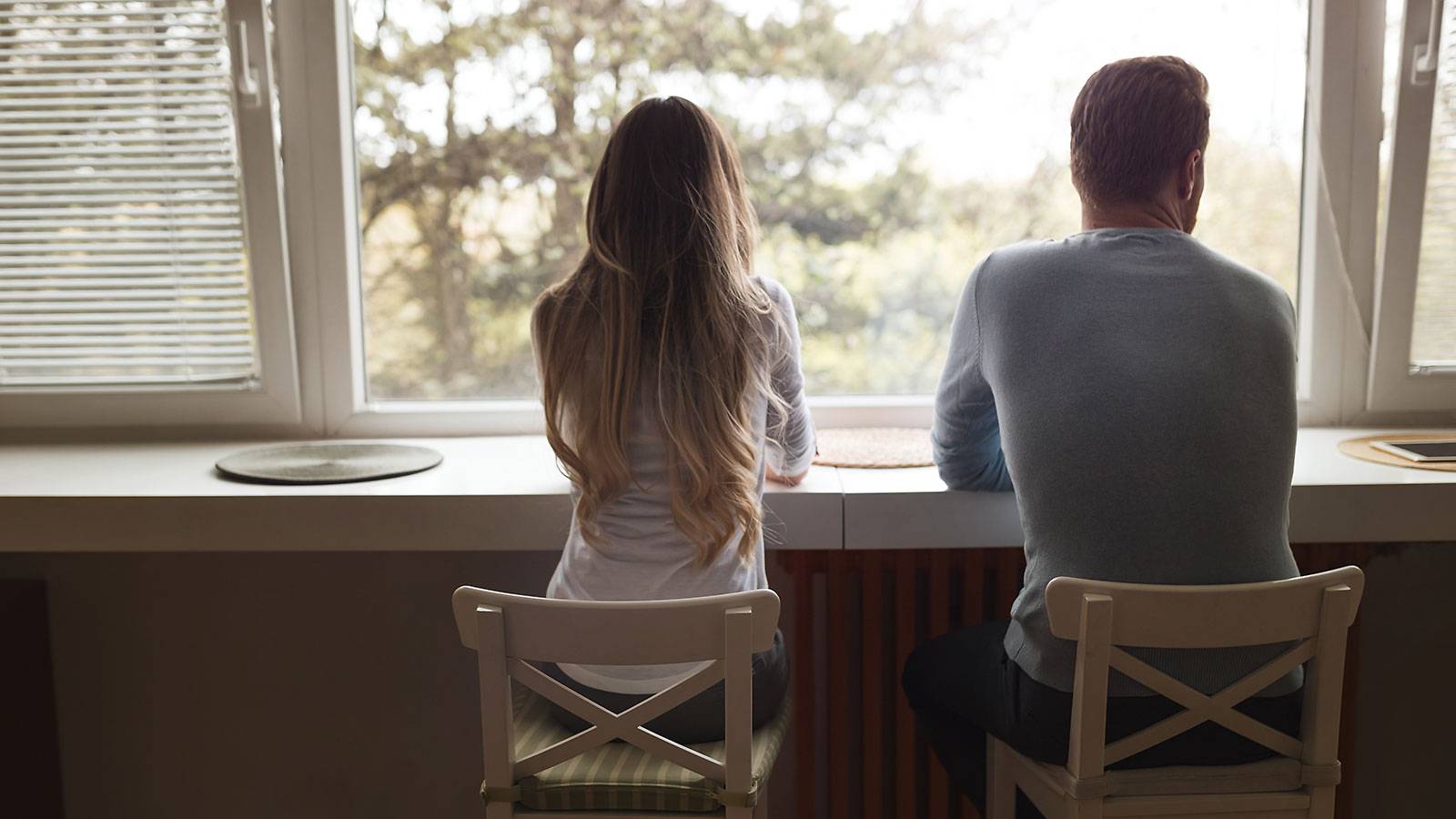Spot these warnings and you’re taking the first step in breaking the vicious cycle of physical, mental and emotional abuse!

Elaine Lai was forced to endure her husband’s beatings in silence for several years, even when she was pregnant.
Speaking to SmartParents, Lai recounts an instance where her husband assaulted her, “As the argument escalated, he pushed me towards the wall, then tried to strangle me. I struggled for five minutes to break free from his grip; which caused strangulation marks on my neck. I felt vulnerable at that moment, fearful and petrified for me and my unborn baby’s safety all at once.”
The final straw came when he lost his temper during a visit from her parents following the birth of her second daughter. She packed her bags and left ― they divorced soon after.
Heart-wrenching as it is to read about the harrowing experience of abuse victims like Lai, she is not alone.
In fact, Anisha Joseph, who heads AWARE Singapore’s sexual assault care centre (SACC) and support services, says, “We received 240 calls last year to our Women’s Helpline relating to intimate partner [or domestic] violence.”
The SACC also received 74 calls relating to violence of a sexual nature. Abuse victims often don’t seek help as they often feel controlled by their abusers and fear retaliation.
Incidentally, survivors — including those who witness acts of domestic violence — may suffer from depression, anxiety, low self-esteem and even post-traumatic stress disorder.
“Often, a violent outburst is followed by a "honeymoon" phase where the abuser asks for the victim's forgiveness or promises not to repeat their behaviour.”
Things get even more dire if your children get caught in the crossfire. Joseph notes that spousal violence at home will also affect the relationships they form in the future.
“There is also a chance for children of an abusive parent to develop abusive behaviours because they have not witnessed or learnt how to control their emotions.” They may not know how to be respectful to their own partners and how to resolve issues without violence, adds Joseph.
So, why do victims stay in such abusive relationships? Joseph explains that violence in a relationship occurs in a cycle. This is difficult to recognise, which makes it even tougher for victims to leave.
“Often, a violent outburst is followed by a ‘honeymoon’ phase where the abuser asks for the victim’s forgiveness or promises not to repeat their behaviour.” This confuses the victim into believing that their partner’s behaviour will change or perhaps the violent outburst was a one-off.
REACH Community Services counsellor Isabelle Ng states that spouses may choose to stay in an abusive relationship because they are dependent on the other party for their financial or housing needs. Other reasons for staying include:
* Because the abusive spouse threatens to inflict harm on themselves and their children.
* They lack social support and have concerns regarding their citizenship and immigration status if they are to leave the marriage (especially true for foreign spouses).
* It isn’t culturally or socially acceptable to leave a relationship.
* A sense of helplessness because they are caught in a vicious cycle of violence and aren’t able to break out of it.
* Their children wish them to stay in the relationship.
You’re the butt of your spouse’s mean jokes and they have a habit of constantly mocking and making fun of you.
What’s worse, Joseph says signs of relationship violence are not always easy to spot. Nor are acts of violence only of a physical nature, either. Both Joseph and Ng spell out the tell-tale signs of an abused spouse:
1) You’ll feel P.A.C.K.E.D by the actions, words and behaviour of your partner. The acronym stands for:
* Powerless.
* Abused.
* Controlled.
* Kept isolated.
* (Emotionally) Dependent.
This leaves you in a constant state of fear, anxiety and self-doubt, which makes it harder for you to make the decision to leave.
2) You’ll feel humiliated or embarrassed by your spouse.
3) You become the subject of their overtly critical and repeated put-downs.
4) You’re the butt of your spouse’s mean jokes and they constantly mock and make fun of you.
5) They may refuse to communicate with you ― choosing to ignore or exclude you.
6) They may commit extramarital affairs.
7) They will make their jealousy known and behave in a possessive manner.
8) They exert their dominance and control over your actions any chance they get. They will interrogate you about whom you talked to and where you were. They are in charge of the finances and demand that you produce receipts, insisting that you ask for permission to do anything or go anywhere.
9) You’ll experience a withdrawal of your spouse’s affection and they may try to isolate you from your friends and family.
10) They may also threaten to commit suicide if you leave.
What to do if you’re in an abusive relationship
Noting that it is not easy to leave an abusive relationship, Joseph explains that victims have other options. You can put a safety plan in place by take the following steps:
* Remember important numbers such as the police and the ambulance service.
* Inform trusted family and friends about the incident.
* Get medical attention if you have been physically hurt.
* Make a police report.
* Seek legal protection — such as getting a Personal Protection Order.
* Seek refuge in a friend or family’s house to get away from your abusive spouse.
Or call the following helplines:
* AWARE’s Women’s Helpline: 1800-777-5555 ― 3pm to 9.30pm on weekdays.
* Sexual Assault Care Centre: 6779-0282 ― 10am to midnight on weekdays.
* Samaritans of Singapore: 1800-221-4444 ― 24 hour helpline
Photos: iStock
Like us on Facebook and check SmartParents regularly for the latest reads!
Elsewhere on SmartParents.sg...
CONVERSATIONS WITH… A Marriage Counsellor
